Premium Only Content
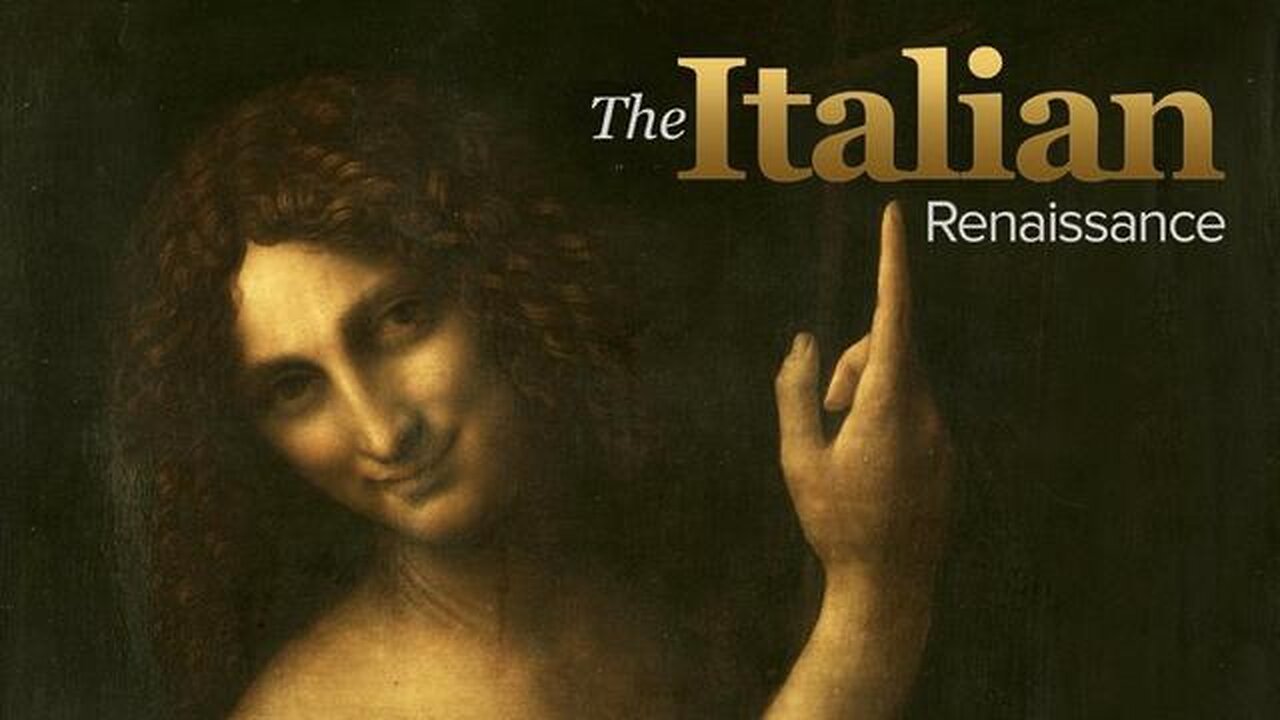
The Italian Renaissance | The Age of Dante - Guelfs and Ghibellines (Lecture 4)
Lecture 4: The Florentine poet Dante (1265–1321) defined the transition from a medieval to a Renaissance perspective. He was educated in medieval Scholasticism, the prevailing theological and educational view that defended Christian faith as a body of certainties, truths that could be analyzed and interpreted through a rigid application of logic. Dante was equally born into a period of factional dispute between those who supported the authority of the papacy—the Guelfs—and the adherents of the Holy Roman Emperor—the Ghibellines. This division was more than one of ideology; it reflected the growing tensions between the newly enriched merchant classes, usually Guelf, and the aristocratic, established magnate families of the Ghibellines.
The Guelf victory in Florence provided the preconditions for the creation of the burgher republic in 1293 and, with it, the circumstances necessary for the institutionalization of Renaissance values. Dante’s great poem The Divine Comedy reflected the Scholastic structure of the medieval world, but he looked forward when he created individual characters seeking self-knowledge in a complex world. His own life, too, was one of engagement; an educated layman, husband, and father, his political activities led to his exile in 1301.
Secondary Sources:
George Holmes, Dante.
Supplementary Reading:
Marvin B. Becker, Medieval Italy: Constraints and Creativity.
John Larner, Italy in the Age of Dante and Petrarch, 1216−1380.
Giovanni Tabacco, The Struggle for Power in Medieval Italy: Structures of Political Rule.
-
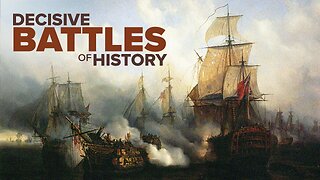 30:05
30:05
The Great Courses
2 months agoDecisive Battles of World History | 1942 Stalingrad - Hitler's Ambitions Crushed (Lecture 35)
185 -
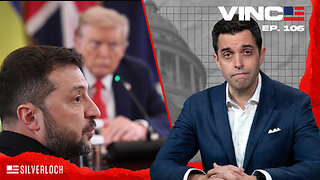 1:02:10
1:02:10
VINCE
4 hours agoWhat Just Happened At The White House? | Episode 106 - 08/19/25
163K158 -
 LIVE
LIVE
LFA TV
5 hours agoLFA TV ALL DAY STREAM - TUESDAY 8/19/25
4,465 watching -
 1:18:04
1:18:04
The Big Mig™
4 hours agoTrump, NO More Voter Fraud It’s Time, LFG
17K9 -
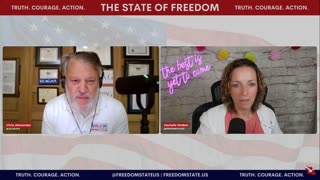 DVR
DVR
The State of Freedom
7 hours ago $0.42 earned#325 Running an America-First Campaign w/ Sammy Wyatt
48.6K2 -
 1:50:16
1:50:16
Dear America
4 hours agoTrump Calls Putin MID-MEETING With World Leaders!! Did Trump just END THE WAR?!
105K64 -
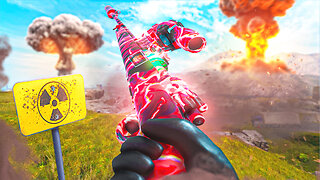 LIVE
LIVE
GritsGG
4 hours agoWin Streaking! Most Wins 3390+ 🧠
104 watching -
 2:03:23
2:03:23
Matt Kohrs
11 hours agoLIVE! Day Trading Futures & Options || Market Open
38.2K1 -
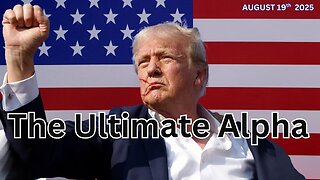 2:59:30
2:59:30
Wendy Bell Radio
7 hours agoThe Ultimate Alpha
72.4K39 -
 LIVE
LIVE
Reidboyy
3 hours ago $0.40 earnedNEW FREE FPS OUT ON CONSOLE TODAY! (Delta Force = BF6 Jr.)
29 watching